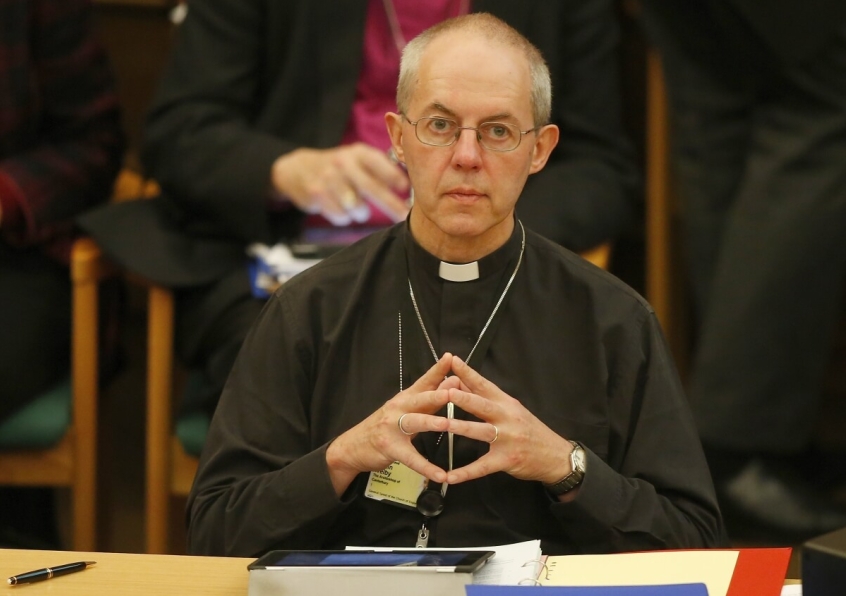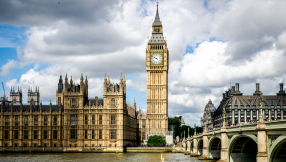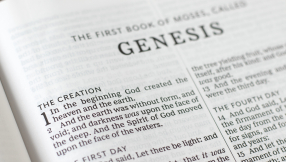LGBT campaigners are plotting an unprecedented defeat of the Church of England's resistance to change teaching that marriage is exclusively between one man and one woman.
Top bishops have refused to alter their views in a report that will be put before the Church's parliament, general synod, next week in a "take note" debate.

But lobbyists on the Church's liberal wing are hoping to pull off an extraordinary overthrowal and persuade synod not to take note of the report.
Campaigners are writing to members of synod, the Church equivalent of MPs, in every diocese across the UK to try and persuade them to reject the report.
The Lesbian and Gay Christian Movement (LGCM) has issued an "urgent call" on people inside and outside the CofE to write, saying the report marks "a very significant betrayal of trust".
A statement from LGCM announcing the campaign said they were "concerned that the established church, in which the country as a whole has a stake, is proposing to retain unchanged a theology and pastoral practice and discipline that is significantly out of kilter with the nation's understanding of equality and justice in matters of sexuality and gender."
One LGBT advocate, Tina Beardsley, said there is "huge disappointment" from LGBTI Christians "not only about the report, but the whole manner in which the Church of England has discussed human sexuality, particularly homosexuality, during the past four decades."
The bishops announced there "are no proposals" to change teaching but promised "maximum freedom" within existing laws and called for "a fresh tone and culture of welcome and support for lesbian and gay people".
But in reality the report was another example of "institutional bias" and encouraged a "continuing culture of exclusion of LGBTI+ people by the Church, linked directly to its current teaching and resistance to change", Beardsley said.
"Take note" debates are typically passed on the nod and do not serve as a method of decision-making. They do not mark an endorsement and a defeat would not block the report but it would be a sharp rebuttal of the bishops' authority.
It is thought unlikely that the campaign would win support from more than half of synod – with the motion needing a simple majority to pass.
But well-placed sources inside the movement suggest it may be defeated if the synod is split into its three "houses" – the bishops, the clergy and the laity.
Church procedure dictates the synod can be divided into houses to vote if a request to do so is supported by just 25 synod members.
All three houses would then have to accept the report by a simple majority for it to pass.
Sources spearheading the campaign claim that if the synod is split, the house of clergy would be the most likely to defeat the motion.
The sources told Christian Today that even conservative evangelicals, who tend to oppose any change on teaching to marriage, have vowed not to take note of the report because they don't think the bishops have listened.
The sources point to a groundswell of anger at not only the refusal to change but the tone of the report, which does not mention bisexual, transgender or intersex people.
It is highly unusual for a take note debate to be defeated. If the campaign succeeds it would mark a largely unprecedented stand against the bishops and be a shock indicator of the scale of opposition to the report.
The Bishop of Willesden, Pete Broadbent, announcing the debate said it was a "neutral motion".
At a pre-synod press conference he said: "It allows Synod to discuss the content and recommendations contained in the report, but a vote in favour of the motion does not commit the Synod to the acceptance of any matter in the report.
"The House of Bishops will listen carefully to the debate, and to any subsequent matters raised by members in correspondence, to inform their further work."













